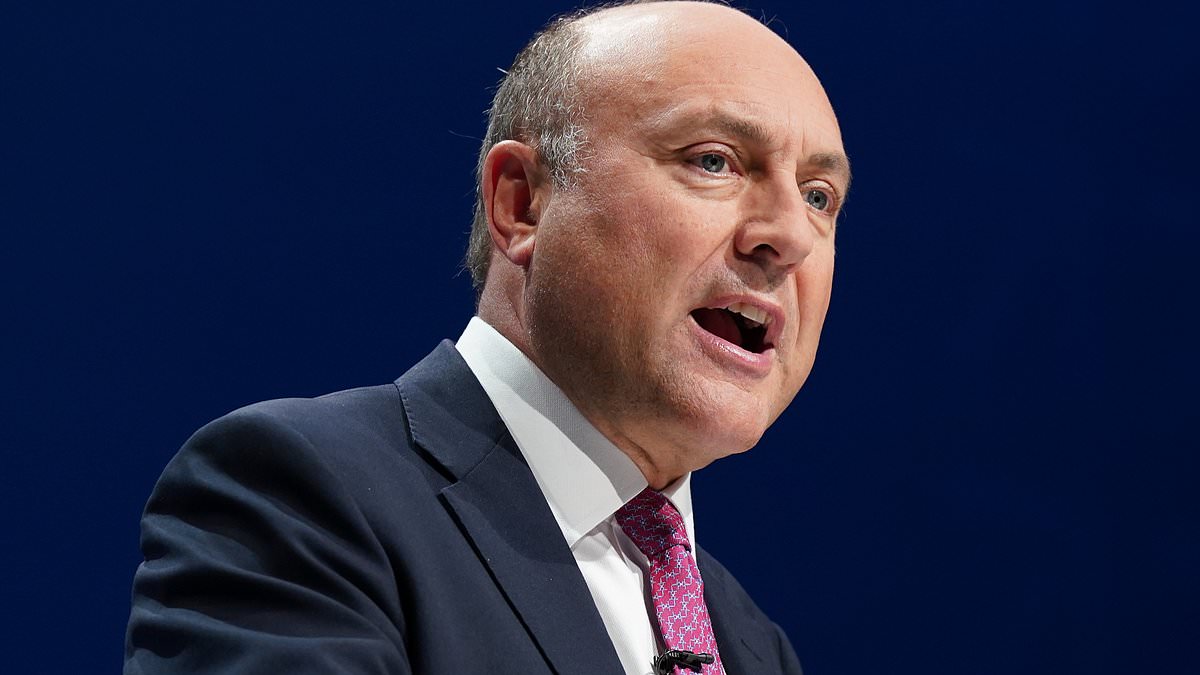Copyright hoodline

In a push against what has been labeled as overly expansive corporate shields, the Michigan Attorney General's office made arguments before the state's highest court seeking to reverse two pivotal consumer protection decisions. These cases, Smith v. Globe Life Ins. Co. from 1999 and Liss v. Lewiston-Richards, Inc. from 2007, have effectively blocked the application of the Michigan Consumer Protection Act (MCPA) to businesses whose products are regulated by a state or federal agency. According to the Michigan Attorney General's Office, this broad interpretation of the law prevents the state from pursuing investigations into unjust business practices, including those related to price gouging. The Michigan Supreme Court had previously addressed the case in October 2024, demonstrating a willingness to reevaluate the MSC's decisions that Eli Lilly and other corporations have utilized to prevent state investigations into their sale practices. If the court decides to overturn the Smith and Liss cases, the MCPA would apply more rigorously to a variety of everyday transactions, offering Michigan consumers a sturdier safeguard against deceptive and exploitative tactics. As part of the ongoing conflict, thrusting Eli Lilly into the spotlight, Attorney General Dana Nessel remarked, per the Michigan Attorney General's Office, "The Michigan Consumer Protection Act is supposed to protect consumers, but instead it often shields many corporations from any real accountability, even when their business practices are clearly egregious." The root of the legal tussle lies within the investigation launched by Attorney General Nessel in January 2022, centered on Eli Lilly's pricing strategies for insulin. This essential medication, vital for diabetics, fell under the attorney general's scrutiny over concerns of potential MCPA violations. However, Eli Lilly halted the investigation by obtaining an order based on the Smith and Liss precedents, claiming that the MCPA does not apply to its insulin sales as the FDA regulates the general practice of selling insulin. Following the initial order, when stopping the investigation, Eli Lilly's motion for summary disposition was granted in July 2022 by Ingham Circuit Court Judge Wanda M. Stokes, cementing the company's position. Despite the challenge, carrying the fight to the Court of Appeals and later to the Michigan Supreme Court, where the General Attorney seeks to reinstate the state's authority to combat questionable pricing tactics.



